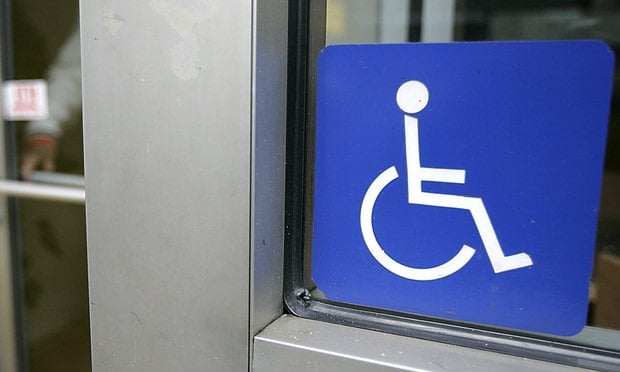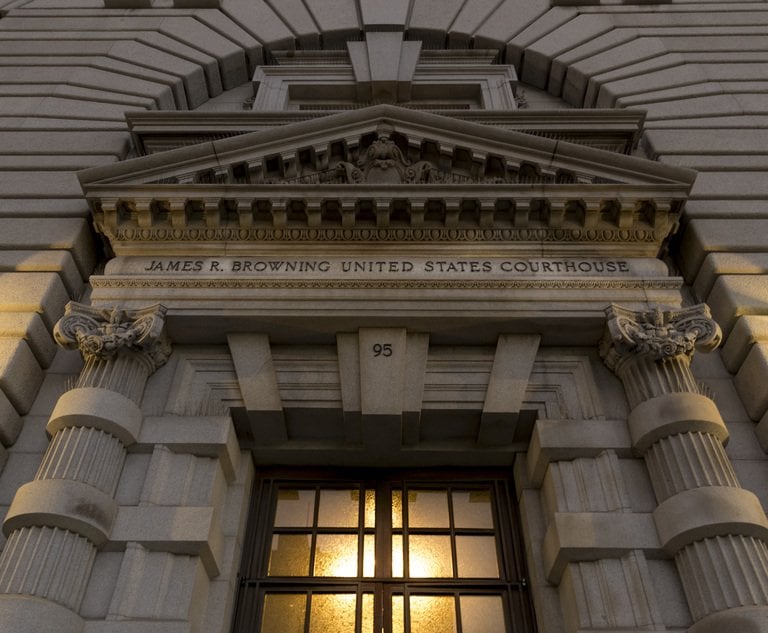A California appellate court on Tuesday joined a number of courts across the country that have found the Americans with Disabilities Act applies to the websites of brick-and-mortar businesses.
In a 33-page published decision written by Justice Maria Stratton, the Second District Court of Appeal affirmed a lower court judgment finding that the owner of the Los Angeles restaurant The Whisper Lounge had violated the ADA—and, therefore, the state’s anti-discrimination law—by failing to render its website accessible to blind customers.










